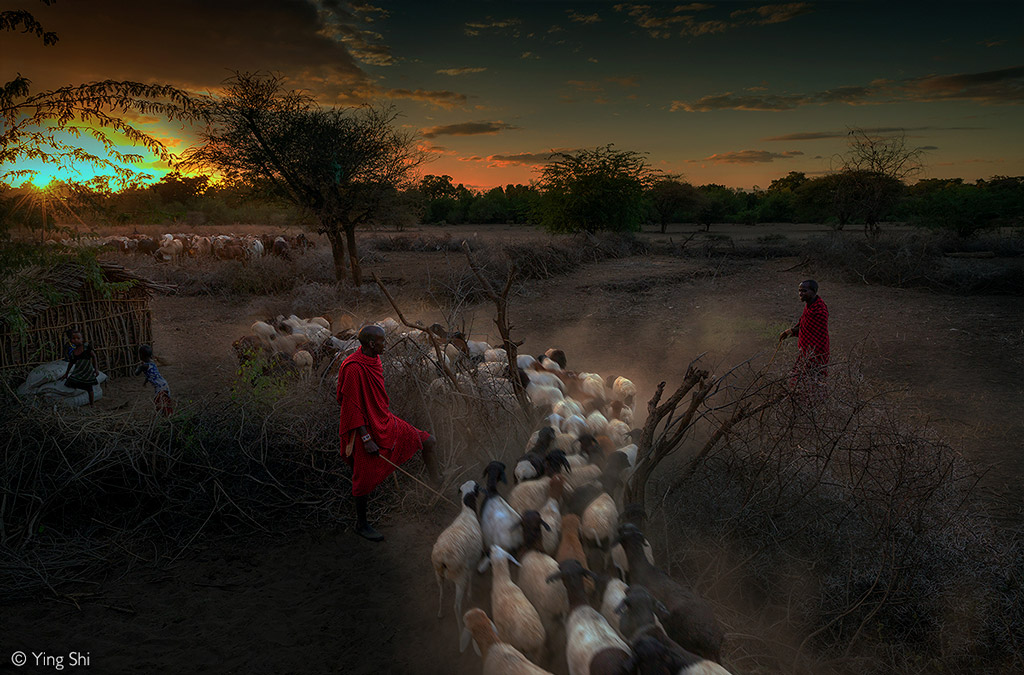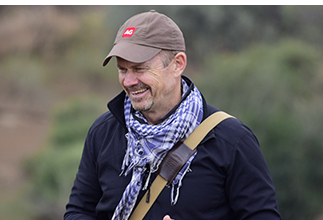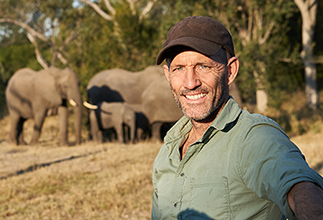
CEO NOTE: 09 July 2021
This is a copy of our weekly email newsletter. Subscribe here to receive the newsletter.

I wrote the elephants & oranges story below because I had to see for myself what is going on down the road from my home. We covered this controversial situation from the beginning – but mostly from the perspective of being against this citrus farm in ‘our’ wildlife space.
I was and remain opposed to this intensive farming operation on the border of the Greater Kruger. BUT I now understand better the context and the complexities, and I hope that my notes below will resource you to debate this controversial topic from a factual perspective.
Also, I had my first Pfizer Covid jab yesterday. For some reason, I now feel more in charge of my own future. If you are fortunate enough to live in a country that is pro-actively vaccinating its population, just do it. Aside from the obvious health benefits, being vaccinated means you have a clearer runway to your next safari! Peace out.
Keep the passion

Simon Espley – CEO, Africa Geographic
From our Editor-in-Chief

Imagine, if you will, Zorg, an alien biologist from the planet Hegzabra. She’s been commissioned by the Ministry of Intergalactic Zoology to do a routine study of a primitive, bipedal mammal living on the planet Earth. After long and arduous study (Hegzabrans have a lifespan of roughly 600 human years), Zorg is utterly perplexed. Here is a species capable of astonishing acts of kindness, self-sacrifice and, unlike any other species on the planet, it is capable of profound self-awareness. Yet, despite this awareness, it is also apparently hell-bent on its own annihilation. Despite ample evidence of their destructive ways, this strange life form chooses to be led by people obsessed with obliterating the only fragile biosphere that can support it.
This rather fanciful musing came to me as I contemplated yet another multinational bunch of weapon’s-grade buffoons, in connivance with our less than useful government, trying to wreck our natural heritage in their search for fossil fuels and greenbacks.
I am as perplexed as Zorg.
That said, this morning, as I contemplated the delicious silence before dawn, a Cape robin chat began singing from a leafless oak. I drew some encouragement from the fact that although we have done our best to destroy nature, she is strong, resilient and will be here long after we’ve gone.
In our first two stories below, we have a look at the dire conversion of natural heritage to commercial agriculture.
In our third story below, we forget all the bad stuff and escape to gorgeous Lake Malawi – its azure waters, stunning islands, colourful fishes and beautiful people.

Story 1
https://africageographic.com/stories/casketts-citrus-farm-and-greater-kruger-are-now-bedfellows/
ELEPHANTS & ORANGES
The Casketts citrus farm on the Greater Kruger border is here to stay. We consider the context and settle a few rumours and untruths
Story 2
https://africageographic.com/stories/casketts-citrus-farm-debate/
LOCAL KNOWLEDGE
Casketts citrus farm on Greater Kruger border – conservationist Trevor Jordan provides some context in this opinion post
Story 3
https://africageographic.com/stories/lake-malawi/
SAFARI FINALE
Lake Malawi is one of Africa’s best-kept travel secrets. A freshwater lake surrounded by gorgeous beaches, islands and biodiversity
![]() DID YOU KNOW: The earth’s cryosphere (all of the areas with frozen water on earth) is shrinking by 87 000 square kilometres per year…
DID YOU KNOW: The earth’s cryosphere (all of the areas with frozen water on earth) is shrinking by 87 000 square kilometres per year…
To comment on this story: Login (or sign up) to our app here - it's a troll-free safe place 🙂.![]()






